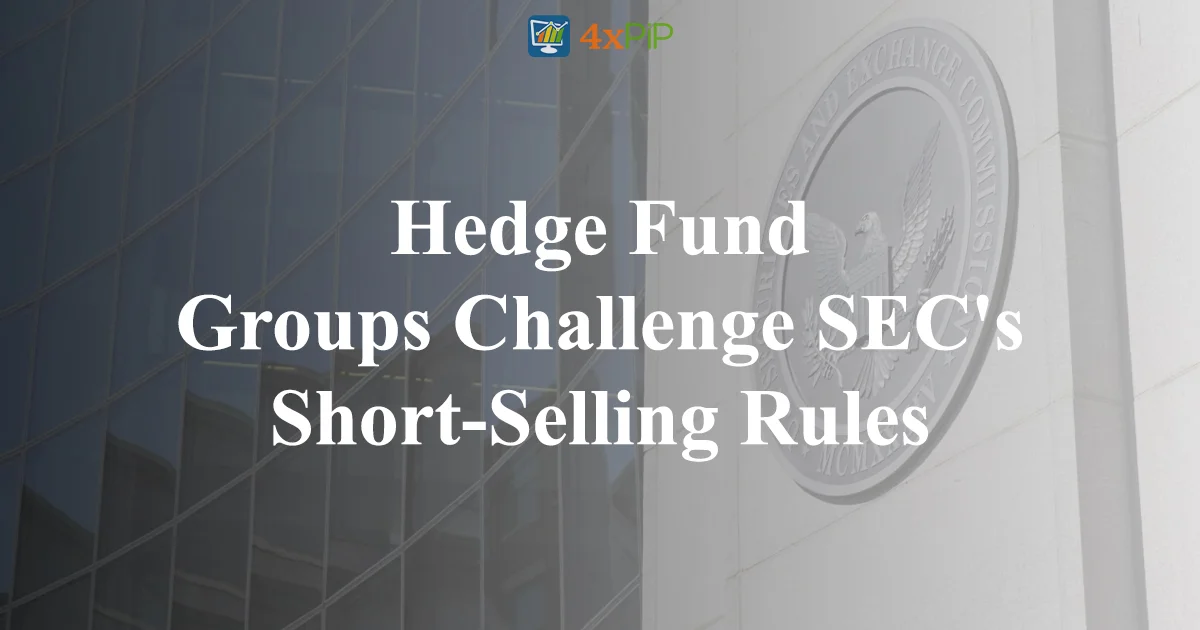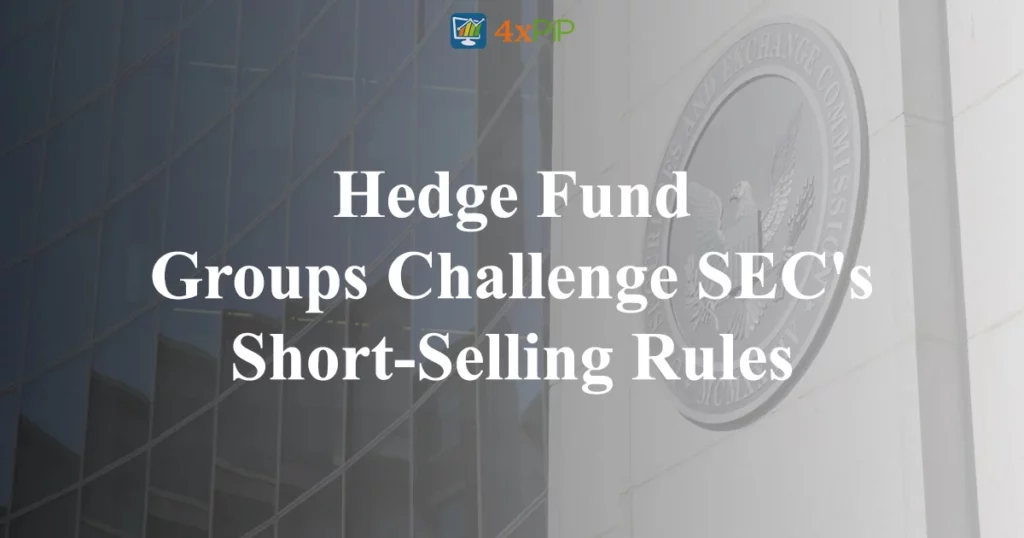In a recent legal move, three hedge fund associations are challenging the U.S. Securities and Exchange Commission over rules designed to enhance transparency in short-selling, practice where investors profit from falling stock prices. Filed in the 5th U.S. Circuit Court of Appeals, this is the second lawsuit against the SEC by these groups in recent months, highlighting Wall Street’s resistance to new financial regulations.
SEC introduced rules in October, aiming to shed light on short selling and securities lending, interconnected activities in financial markets. However, the hedge fund groups argue that the SEC’s inconsistent approach harms investors. They claim the SEC allows aggregated transaction reports for protection while simultaneously requiring individual disclosure, creating a contradictory regulatory landscape.
In their legal challenge, the groups assert that the SEC failed to consider the interconnected nature of these rules, violating the Administrative Procedure Act, which mandates agencies to justify rules and consider feedback. Bryan Corbett, President and CEO of the Managed Funds Association, expressed disappointment, stating, “Despite our best efforts, the SEC decided to ignore the interconnected nature of these two rulemakings.”
The SEC, responding to the lawsuit, affirmed it would “vigorously defend challenged rules in court.” These rules mandate hedge funds to report short positions to the SEC, with aggregated, anonymous disclosure. Another rule requires financial firms to provide daily reports on individual securities loans, also disclosed with a delay.
While the SEC aims to increase transparency, fund managers oppose it, fearing exposure of confidential investment strategies. The hedge fund groups argue that such transparency might lead to retaliation or manipulative activities.
This legal battle follows previous lawsuit in September, where the same three groups contested the SEC’s new private funds rules. The SEC’s move comes in response to the controversial GameStop saga in 2021, where retail investors drove up stock prices, causing significant losses for hedge funds engaged in short selling.
SEC Chair Gary Gensler emphasized the importance of understanding short-sale activity, especially during market stress. The outcome of this legal dispute will shape the regulatory landscape for short-selling practices, influencing how financial markets navigate transparency and investor protection. Stay informed and watch for updates on this evolving regulatory challenge.
Conclusion
In conclusion, the clash between hedge fund groups and the SEC underscores the ongoing battle over transparency in short-selling. Despite the SEC’s intentions, the lawsuit highlights industry concerns about protecting confidential strategies and potential manipulative risks. The outcome will significantly impact how financial markets navigate regulatory frameworks surrounding short-selling practices.





